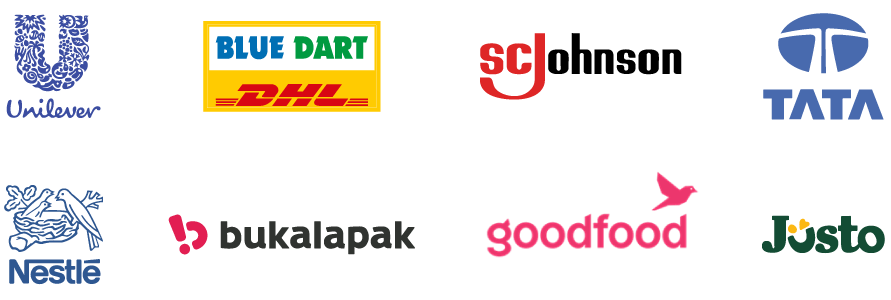Today, 64% of all travel kilometres made are urban and the amount of travel within urban areas is expected to triple by 2050. -The Future of Urban Mobility report, Wilhelm Lerner
Businesses find it challenging to manage their efficiency with rising urban delivery costs. Logistics sprawl has become the biggest hindrance for delivery companies that are trying to reduce all-mile delivery costs.
Logistics sprawl is the concentration of logistics facilities in the outskirts of metropolitan cities. It occurs due to a price rise in urban land spaces, increase in population density or large space availability in urban outskirts. It results in increased travel time and transportation costs.
Diversified urban logistics space like microhubs help businesses save costs in urban deliveries. It helps businesses to improve their operational efficiency in densely populated urban areas.
What is a Microhub?
Microhub is a micro-consolidation logistics facility set near a final delivery point (within 1 to 5 km from the final destination). They are also called micro-fulfillment centers, delivery microhubs or micro-distribution hubs. It is a type of urban logistics space that links warehouse centers to final delivery points.
Suburban Warehouse center
Microhubs
Final Delivery Points

Microhubs have smaller physical footprints that range from 1000 square feet to 10,000 square feet.
Characteristics of Microhub Operations
Owned and operated by private transportation companies
Delivery of smaller and lighter loads
Using eco-friendly transport like cycles, electric vehicles etc.
Reduce the number of trips in dense urban areas
Key Elements for Success of Microhub Operations
- Multi-sectoral contribution: local authorities, research and development
- Enforcement of stricter eco-friendly laws
- A quantified estimate of participating carriers is required for every stage
- Serve areas where delivery activities are difficult i.e. restricted traffic conditions
- Function in high-density areas where high volumes of delivery accumulate
- Strong cooperation and trust among partner carriers
Eco Logistics Principles
Microhub is a micro-consolidation logistics facility set near a final delivery point (within 1 to 5 km from the final destination). They are also called micro-fulfillment centers, delivery microhubs or micro-distribution hubs. It is a type of urban logistics space that links warehouse centers to final delivery points.
Microhub: Facilitator of EcoLogistics Principles
Efficiency
Microhubs help logistics companies to make on-time deliveries without any peak-hour pressures. It enables drivers to deliver smaller loads with greater frequency.
Faster Deliveries
Being closer to final delivery points, microhubs reduce the distance travelled in the all-mile. Faster deliveries in crowded areas improve on-time delivery rates of businesses, making all-mile logistics cost-effective.
Deeper delivery insights
Microhubs give logistics companies a microscopic view of their delivery performance in different urban delivery zones. It helps logistics managers to design customized plans for different delivery zones.
Customer experience
Setting up microhubs reduces the vehicle kilometers traveled per delivery. It improves customer experience by reducing long wait times and minimizing shipping costs.
Challenges in setting and operating microhubs
- Running microhubs within stores makes it impossible to prepare a large number of orders compared to distribution centers.
- Crowded urban centers do not have abundant storage surface area available for microhubs
- A rise in online shopping demand burdens the parcel carrier company handling microhub operations
Share this infographic by using this embed code:






